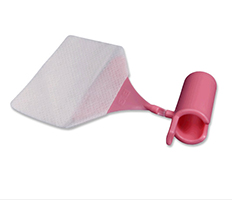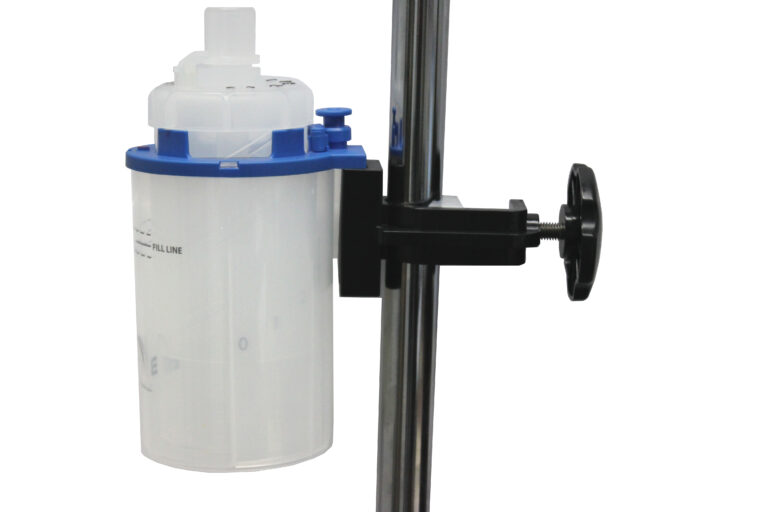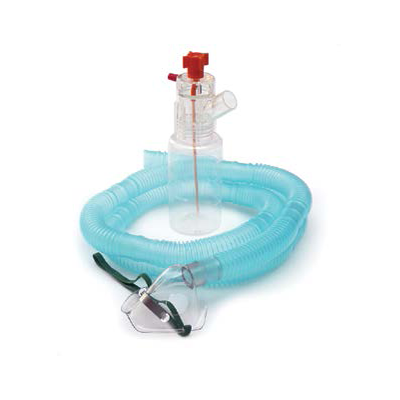Have you ever been told you need braces and wondered how you will handle all the extra parts that come with them?
For many people the first thought is about pain or discomfort. Others worry about how long treatment will take. Then you hear about small devices placed inside the mouth that sound strange but actually make the process smoother. A Bite Block is one such device. If you wear braces or are considering getting them try understanding the purpose of this tool as well as why orthodontists use it can be beneficial.
What is Bite Block
When your teeth need realignment your orthodontist may recommend extra support tools during treatment. A Bite Block is one of those tools. It is a small device usually made of acrylic or other dental-safe material. The block is placed on the biting surface of your teeth often on the molars.
The main purpose is to keep the upper and lower teeth from fully touching. By doing this it prevents the braces from breaking when you bite down. It also makes space so the teeth can move into the right positions over time.
Bite blocks may look different depending on your treatment plan. Some are clear and barely noticeable. Others are colored to make them easier to see. They can feel strange at first but most patients get used to them quickly. Orthodontists choose them carefully based on the bite issues being corrected.
Bite Blocks for Braces: How They Work and Why They Matter
Braces gently shift teeth into proper alignment but without enough room, this can be tough and even cause problems. This is why bite blocks play such an important role.
Creating Space for Movement
The block lifts your bite slightly so your teeth do not hit each other in the wrong way. This gives the braces room to do their job.
Protecting Braces from Damage
When teeth close directly against each other the brackets or wires can snap. Bite blocks act like a cushion that protects these parts.
Reducing Pressure and Pain
Many patients feel extra pressure when braces are first applied. The block changes how teeth meet so the stress is spread out more evenly.
Guiding Jaw Position
Bite blocks gently guide your jaw to a healthier resting position as well as help with new alignment.
Helping with Deep Bites or Crossbites
In cases of deep bite where the top teeth cover the bottom too much or crossbite where teeth overlap sideways bite blocks are especially useful. They give orthodontists more control over how the bite improves.
Benefits of Using Bite Blocks with Braces
Faster Progress
By preventing breakage and guiding teeth more effectively bite blocks may help shorten overall treatment time.
Less Risk of Repair Visits
Brackets and wires are fragile. Protecting them means fewer trips to the orthodontist for repairs.
Improved Comfort Over Time
Though they feel awkward in the beginning most patients notice improved comfort after a few weeks.
Better Final Results
Correct use of bite blocks means the bite lines up more accurately when braces are removed.
Adjusting to Bite Blocks
It is normal for the first few days with bite blocks to feel challenging. Eating and speaking may seem harder. Your teeth might feel a bit sore while your jaw adjusts to this new position. Here are some easy tips to make it comfortable then you will be fine.
- You should start with soft foods like yogurt or mashed potatoes or smoothies.
- You can practice speaking slowly so you adjust your tongue and jaw movement.
- Avoid chewing gum or sticky foods because they can pull at the block.
- Give yourself time. Most patients adapt fully within a couple of weeks
Patience is important. Once the adjustment period passes the benefits of the block become clear.
FAQ’s
They may feel uncomfortable or cause mild soreness but the feeling usually fades within days.
You may need to eat softer foods at first until you adjust.
No only those with specific bite issues such as deep bites or crossbites.
Yes though it is rare. If it happens contact your orthodontist for a repair.
It depends on your treatment plan. Some patients need them for only a few months while others wear them until braces are removed.
Are Bite Blocks Worth the Adjustment?
If you are starting orthodontic treatment you may wonder if the small blocks in your mouth are really necessary. The answer is yes. A Bite Block protects your braces which keeps your bite aligned and helps treatment move forward smoothly. It may feel awkward in the beginning yet it plays an important role in shaping your final smile.
For patients and providers who value reliable dental and medical tools one trusted name is B&B Medical Technologies. Their array of devices really shows how the right equipment makes care safer and more effective.
If you are ready for braces or already have them the best approach is to follow your orthodontist’s instructions and trust the process. Bite blocks are just one part of your journey but they really help create the healthy smile you are working toward.
Want big results from small steps? Start with the right tools then your treatment will give you the confident smile you’ve always wanted.


